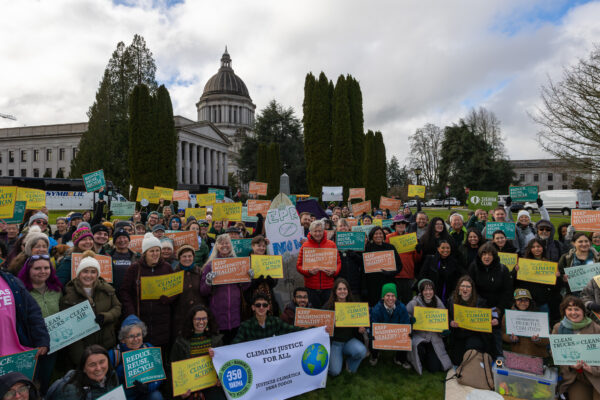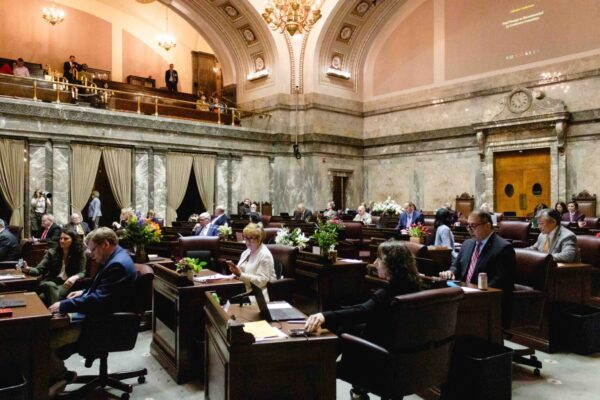Key weakness in the updated bill:
Puget Sound left unprotected. Oil spill prevention measures in Puget Sound were removed entirely from the bill.
Important safety measures left without reliable funding. While the barrel tax has been extended to cover oil transported by rail, it relies on a one-time transfer of oil response funds to pay for implementation. This approach means that needed safety measures will lack funding within two years.
“While this bill contains some important steps forward in terms of transparency and public disclosure, it leaves huge holes in the safety net needed to protect our communities and waterways from risks we face today,” said Becky Kelley, president of Washington Environmental Council.
Urgency around strong action on oil transport has increased over the last couple of years, with derailments and explosions happening across North America, most recently in West Virginia and Ontario, a sharp increase in oil spills nationwide, and pipeline spills in Montana and Michigan.
“We are committed to working with state and local elected officials to increase the protections available for our communities from oil trains, ships, and pipelines,” said Shannon Murphy, president of Washington Conservation Voters.
Key components of the bill include:
Reporting on the volume and type of oil transported, oil spills, and other information that will be given to first responders and that the public can easily access through a new website.
Authorizing the state to inspect rail crossings and push for repairs to degraded rail infrastructure.
Financial protections to ensure that the companies carrying dangerous crude oil shipments through our region, not taxpayers, can pay for response after any size of spill or accident.



